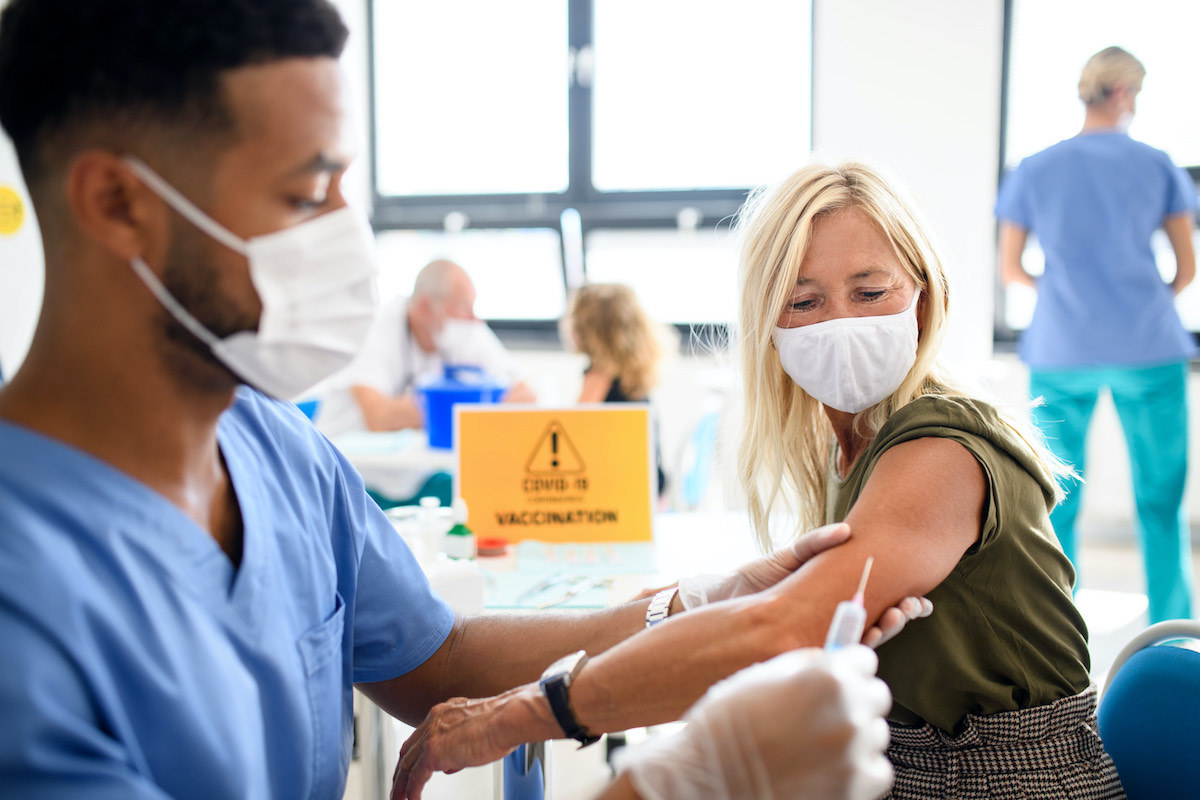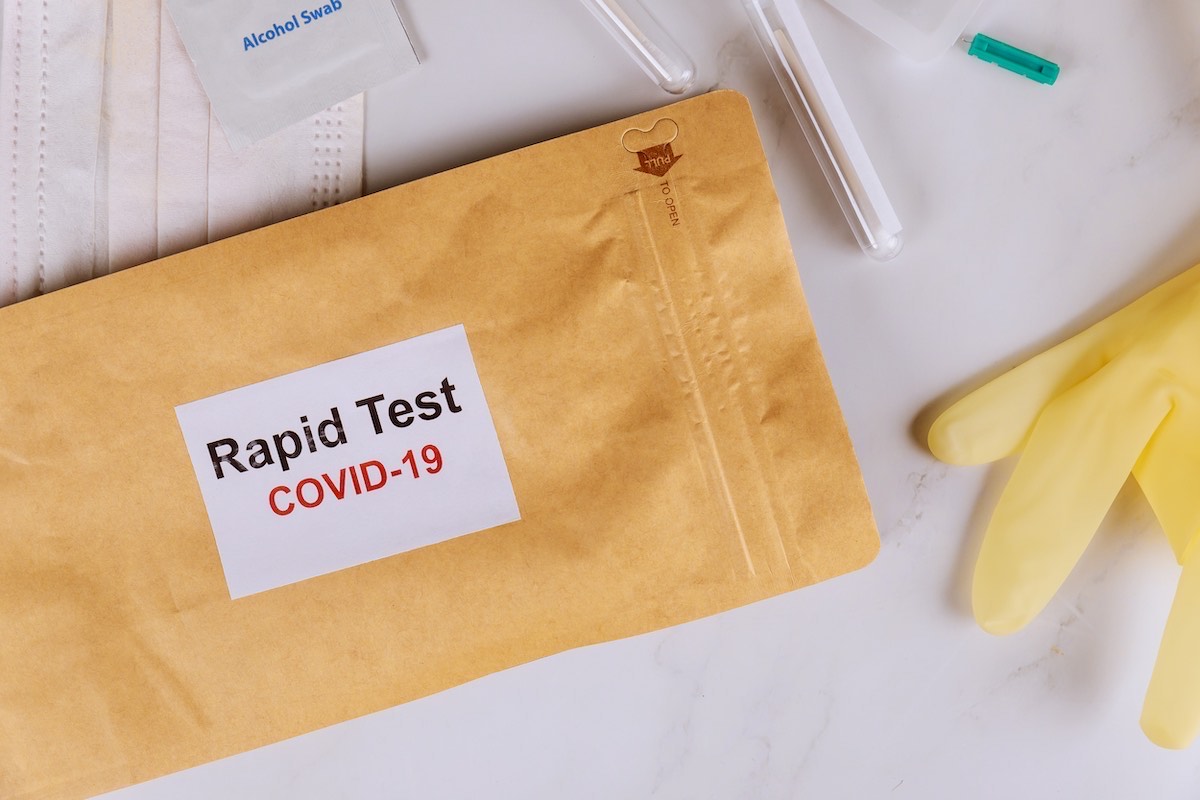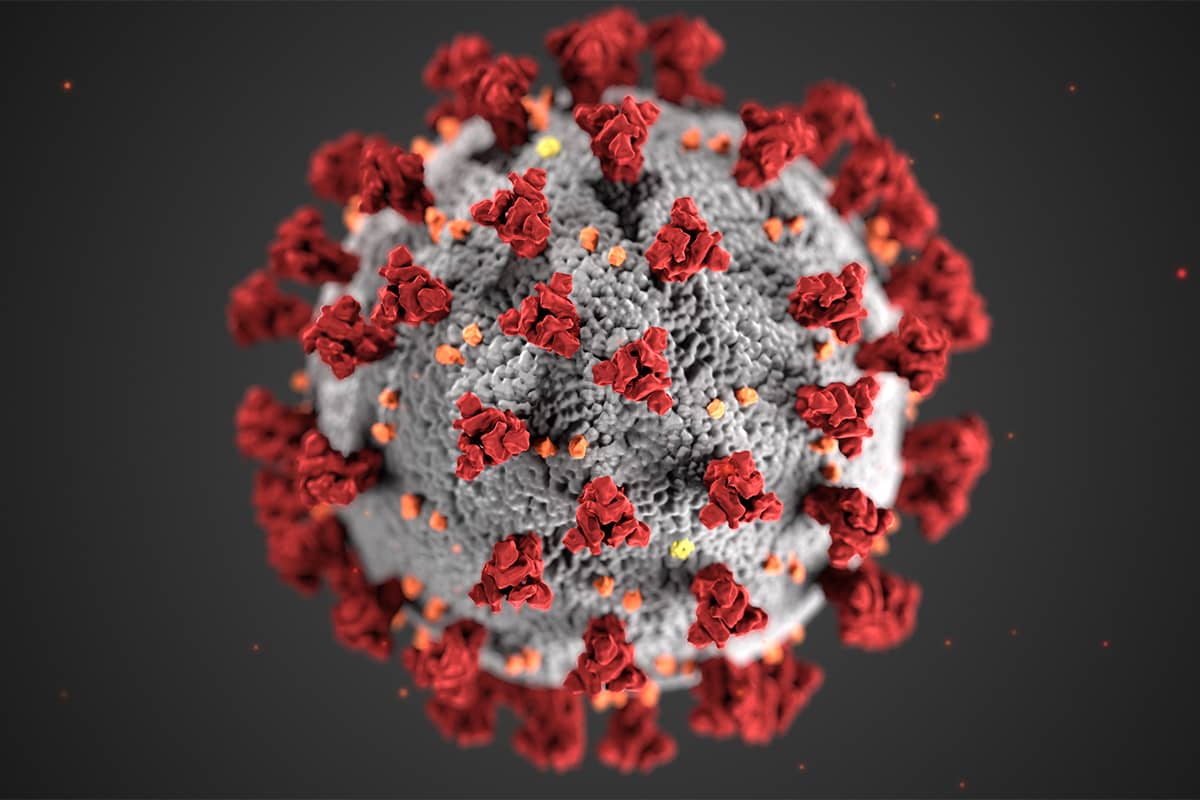Welcome to
Your Vaccination Guide
Still feeling uncertain about your vaccine choices? You are not alone. With a vast array of information, misinformation, differing opinions, and debate, many people are unsure what to do and where to start. YourVaccinationGuide.org is here to provide reliable, straightforward information about the COVID-19 vaccine and other vaccines that you may need.
DISCLAIMER:
This consumer guide/website/document is not intended to provide medical advice. Talk to your doctor about any questions you may have.
If you think you are having a medical or psychiatric emergency, please call 911 or go to your nearest hospital. Website updates will be made often. Last updated 1/8/24.
Keep your family healthy!
You and your family deserve to stay healthy and feel safe. Living through a pandemic has made it very clear how a virus can make us unsafe. Viruses can infect and kill randomly as COVID-19 did, or they can target specific groups. Those who have a chronic disease, are immunocompromised, are older, or very young are usually among the hardest hit by viruses.
We fight viruses with vaccines. Vaccines save lives. Every year, four million deaths are prevented by childhood vaccination (CDC). Doctors and researchers are constantly working to find new and better vaccines. Use this site to find the vaccines and boosters you need. Don’t forget that COVID-19 variants are still infecting people, and the CDC recommends continued boosters to protect yourself (CDC). If you need to find a COVID-19 booster, please go to Vaccines.gov.
The Mata Sisters’ COVID-19 Story
The Mata sisters have experience in healthcare. They founded Looms for Lupus to bring awareness to minority families and those affected by Lupus, Fibromyalgia and other overlapping illnesses when the oldest sister was diagnosed with Lupus. When more than one family member ended up with COVID-19, it was a traumatizing experience for them. In this video, Estela and Juana Mata tell us what COVID-19 was like for them.
Stay in the Know
Adult Vaccinations.
Have you had yours?
COVID-19 Vaccine
Info and FAQs
General Vaccination
Information
Are You in a
High-Risk Group?
Do You Think You
Have COVID-19?
Vaccines and COVID-19
Around the world, the COVID-19 vaccines have given hope to billions of people. While the COVID-19 vaccines target this specific virus, staying current on all your recommended vaccines will help you stay healthy year-round. Are your vaccinations current?
Are Your Vaccines Up to Date?
One of the things we can do to stay healthy is to ensure our vaccinations are up to date. Vaccination better enables our bodies to fight off illness and disease. Visit the CDC for a list of vaccines you should have or visit our Vaccination Page for downloadable vaccination cards with adult, teen, and childhood vaccinations that may be needed.
If you don’t have your vaccination card, ask your parents, or childhood doctor for your immunization record. If you can’t find it, your current doctor may choose to test you for immunities. Or visit the U.S. Department of Health and Human Service page to see which vaccine you are likely to need.
Staying Safe
The pandemic emergency has been declared over. Yet, COVID-19 has also mutated, creating variants we may be fighting for years. Be sure to follow your doctors’ recommendations about COVID-19 vaccinations.
How Do I Get Tested & Treated?
If you believe you might have COVID-19, you can purchase an at-home test kit at most pharmacies. If you do not have symptoms but have been exposed to COVID-19, wait at least 5 full days after your exposure before taking a test (CDC). You can also call your doctor. If they believe it is appropriate, they will send you to get a test to determine if you do have COVID-19. Visit here for more information on testing.
If you test positive, you may talk to your doctor about taking an anti-viral medication which must be started within five days of the first symptoms. Visit the COVID-19 page for more information.
COVID-19 Information Changes Often
New information about vaccines and COVID-19 is available often, sometimes on a daily basis. Check back here to find the latest information or give us your email so we let you know when there is new information available.
Ver esta página en español





